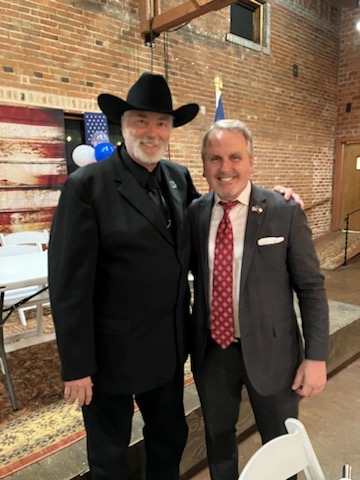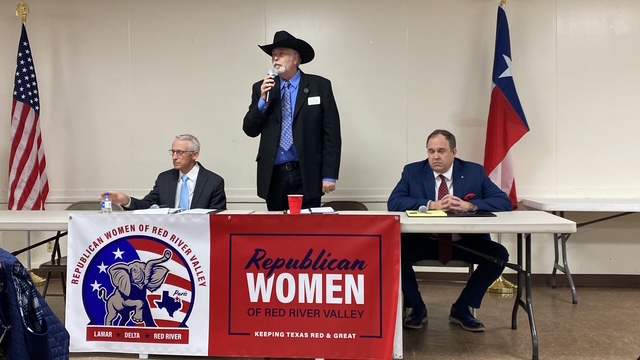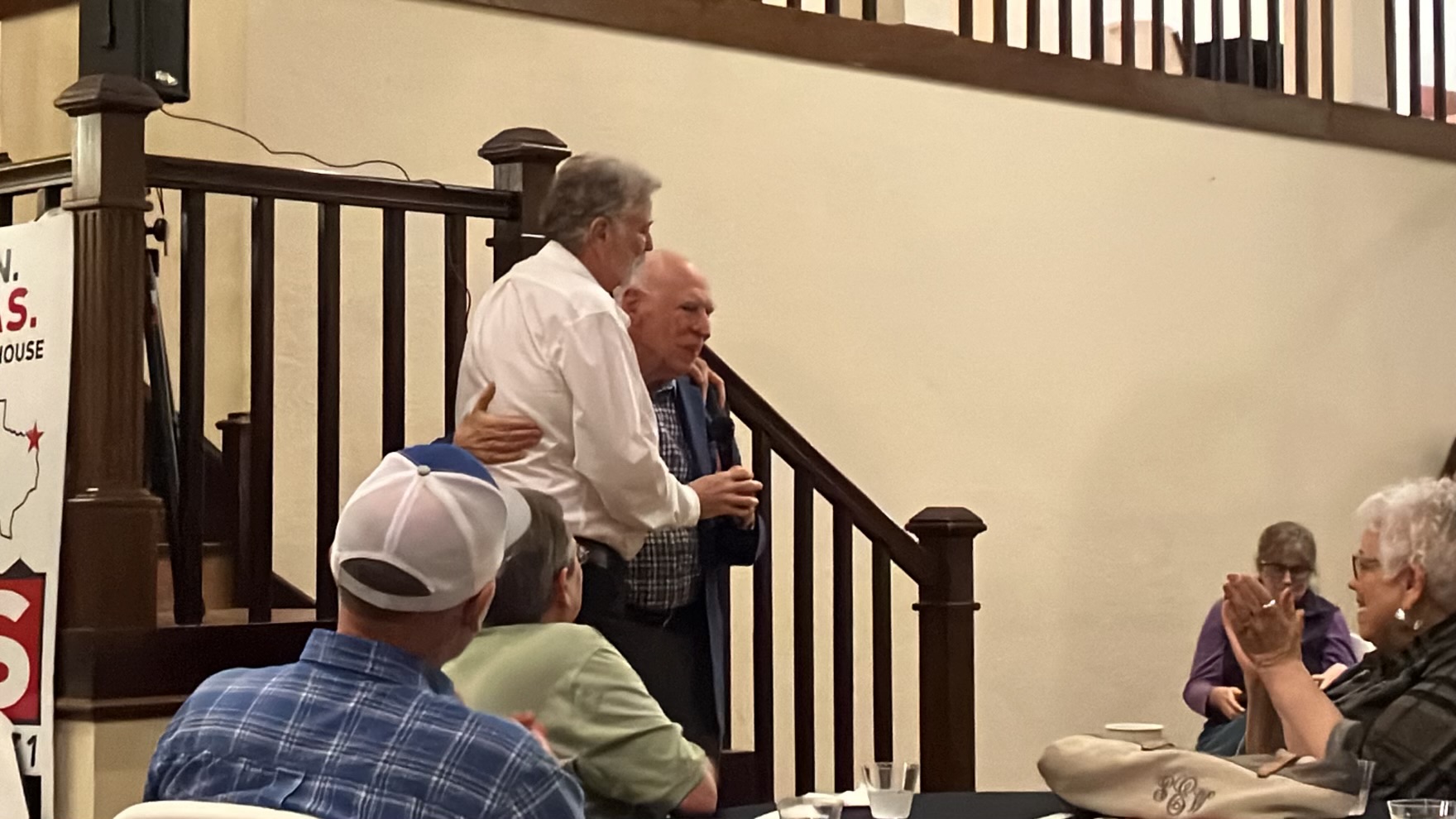



About Dale Huls
Dale Huls is a conservative advocate and political figure with a long history of involvement in the Republican Party and grassroots movements in Texas. Born in Jacksonville, Florida, he served in the U.S. Air Force from 1977 to 1981 and later worked as an engineer, including a 20-year career at NASA’s Johnson Space Center before retiring. As his retirement date drew near, he and his wife, Mary, bought a piece of Bowie County and built a homestead a few miles south of Dekalb.
He has been politically active since 2009, initially with the Tea Party movement, and has held various leadership roles, such as Republican Party precinct chair and election judge in Harris County (2009–2019), president of the Clear Lake Tea Party, and president of the Clear Lake Area Republicans. His activities include volunteering with Texas Border Volunteers, lobbying for border security legislation, and working with the U.S. Border Patrol.
Although Dale Huls was unsuccessful in his challenge against incumbent Gary VanDeaver for Texas House District 1 in the 2024 Republican primary, he nevertheless advanced to Austin as the Legislative Director for State Representative Brent Money in House District 2 during the 89th Texas Legislature. Dale currently is a member of the Bowie County Patriots and is the co-host of the weekly "Less Austin More Texas" Radio Show.
Vision Statement
Bowie County deserves a Republican Party that's active, funded, and connected—not just during elections, but every day. Together, we'll build a stronger base rooted in our shared values.





